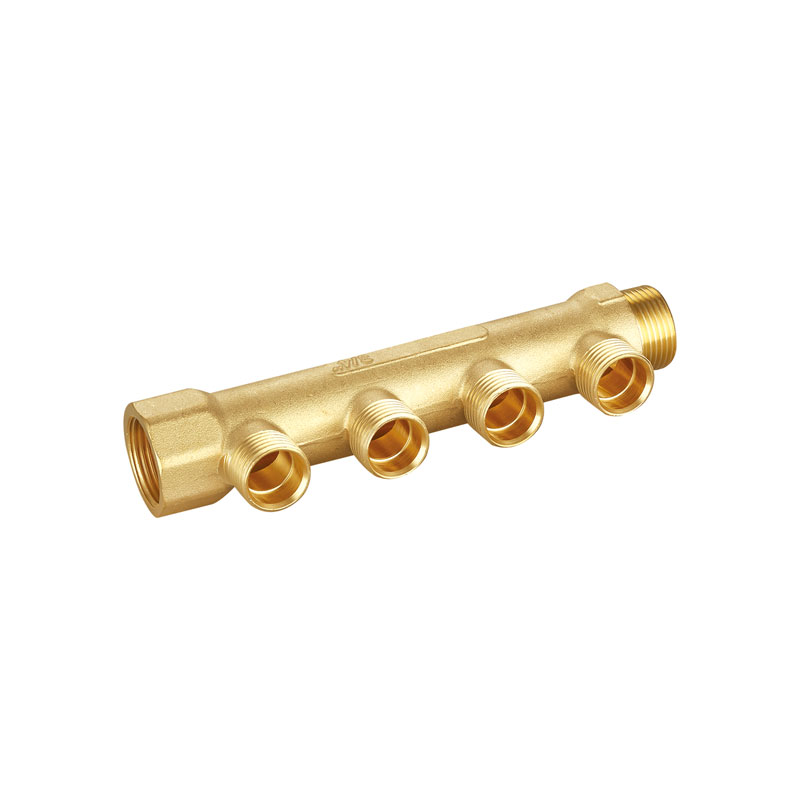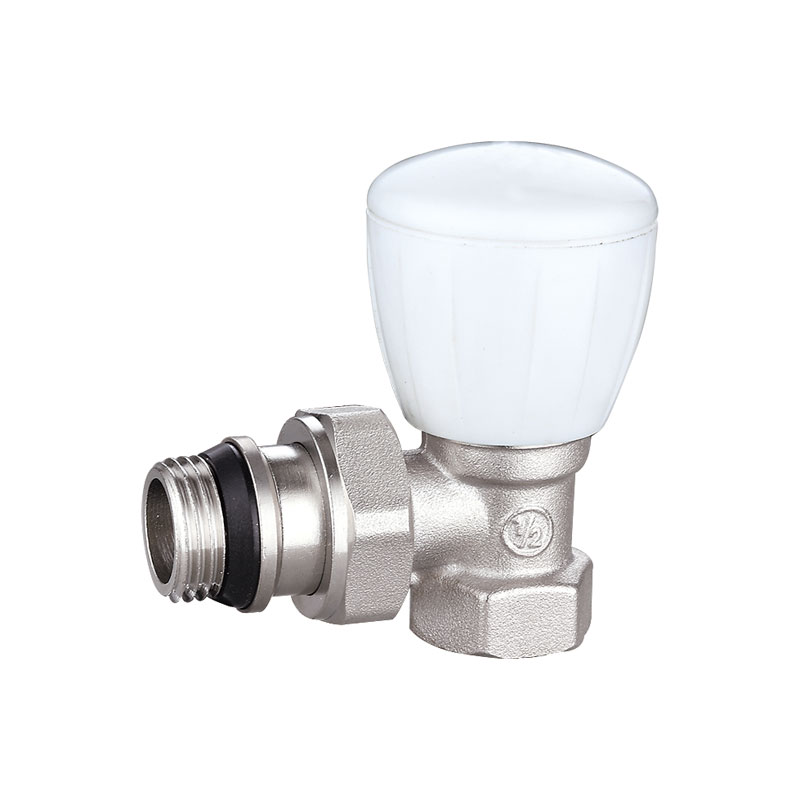In today’s rapidly advancing industrial landscape, the demand for efficient, durable, and high-performance valves is ever-growing. Among the trusted solutions for controlling water and fluid flow are brass water ball valves. Known for their longevity, reliability, and ease of use, these valves have become essential components in various applications, from residential plumbing to complex industrial systems. The brass water ball valve is an ideal choice for industries where precision, durability, and leak prevention are paramount.
What is a Brass Water Ball Valve?
A brass water ball valve is a mechanical device used to regulate the flow of water or other fluids through a pipeline. The valve operates using a spherical ball with a hole in the center, which rotates to allow or block the passage of water. When the valve handle is turned, the ball rotates, aligning or misaligning with the pipe’s opening. This movement either permits or stops the flow of water. Made of high-quality brass, the valve offers resistance to corrosion, high pressure, and environmental conditions, making it a popular choice in various sectors.
Key Applications of Brass Water Ball Valves
1. Residential Plumbing
In residential plumbing, brass water ball valves are commonly used for controlling water flow to fixtures such as sinks, toilets, and showers. The ease of operation and simple design make them a preferred option for both new installations and repairs. One of the primary advantages of brass water ball valves is their ability to offer a secure seal when closed, preventing leaks that could to water damage in homes.
For example, in a home’s main water line, a brass water ball valve is often used to shut off the water supply during repairs or maintenance. The valve’s robust construction ensures a tight seal, preventing the risk of leaks even under high pressure. Additionally, many homeowners use brass water ball valves for shutting off water to outdoor systems like irrigation or washing machines, where reliability and ease of operation are crucial.
2. Industrial Fluid Control
In industries such as manufacturing, chemical processing, and food production, brass water ball valves play a critical role in fluid management systems. These valves are designed to handle high-pressure applications and are commonly used to control the flow of water, oils, or chemicals in pipelines. Their ability to withstand corrosion and temperatures makes them ideal for use in harsh industrial environments.
For example, in the food and beverage industry, brass water ball valves are used to regulate the flow of water during the washing and processing stages of production. The durable construction of these valves ensures that they perform reliably, even in environments where water contains high levels of minerals or where cleaning is frequent. The smooth operation of the valve also helps maintain production speeds, making it an invaluable tool for manufacturers.
3. Water Treatment and Management
Brass water ball valves are essential in water treatment facilities, where they control the flow of water through filtration and purification systems. These valves are critical in regulating the amount of water that flows through each stage of treatment, ensuring that clean, safe water is delivered to consumers. The corrosion-resistant nature of brass allows the valve to perform consistently, even in systems exposed to various chemicals and cleaning agents.
In large-scale water treatment plants, brass water ball valves are often used in conjunction with automated control systems to monitor and regulate water flow. Their precise operation ensures that the system functions efficiently, and their long-lasting design reduces the need for frequent maintenance, making them a cost-effective solution for utilities.
4. Agricultural Irrigation Systems
Agriculture has greatly benefited from the widespread adoption of brass water ball valves. In large-scale irrigation systems, controlling the flow of water is critical to ensuring crops receive an adequate and consistent water supply. Brass water ball valves are frequently used in sprinkler systems, drip irrigation networks, and other water distribution systems on farms and plantations.
The durability of brass ensures that the valves are able to withstand the pressure fluctuations and exposure to the elements that often occur in outdoor agricultural settings. By providing farmers with precise control over water distribution, brass water ball valves contribute to reducing water waste and promoting more sustainable farming practices.

 languages
languages

 English
English русский
русский












